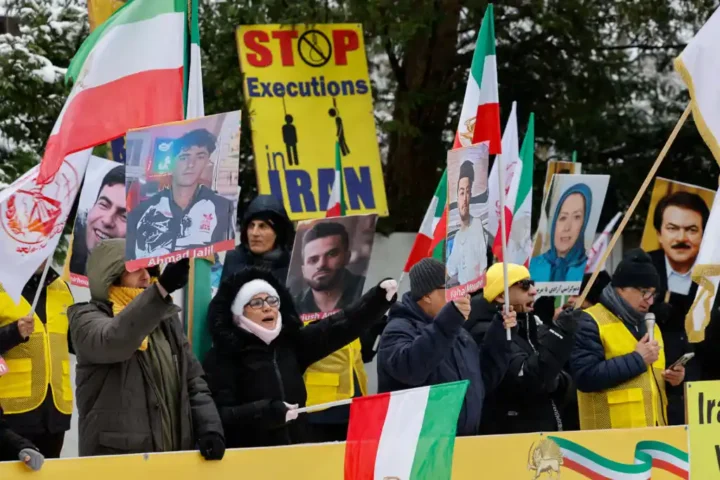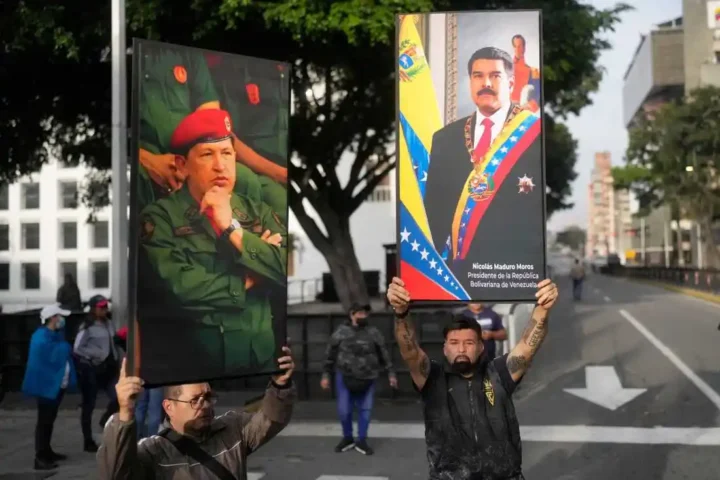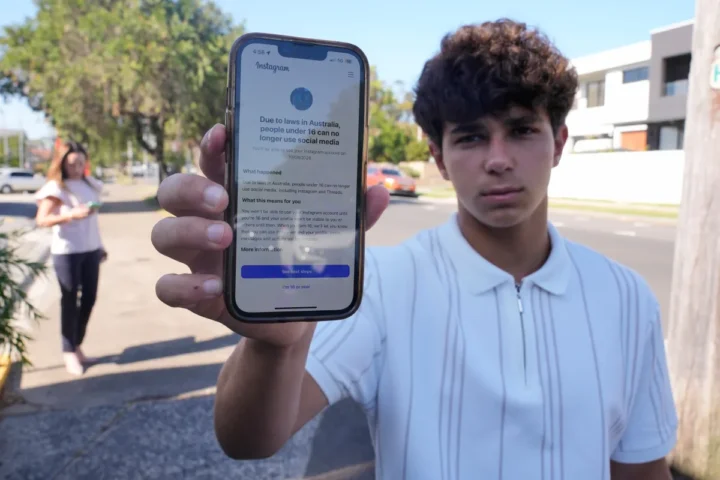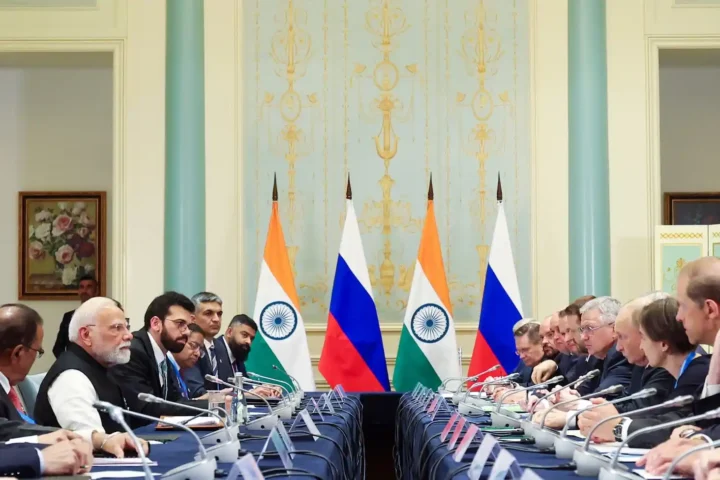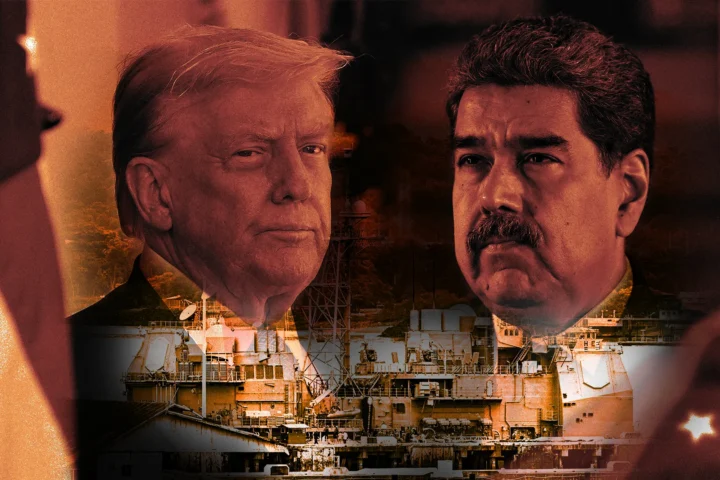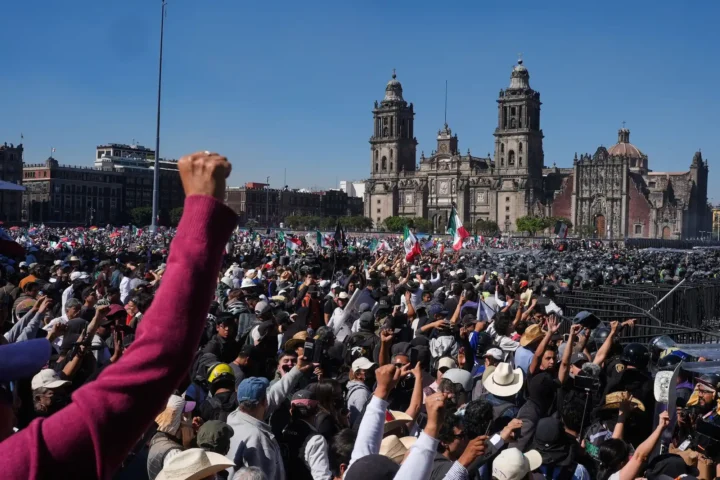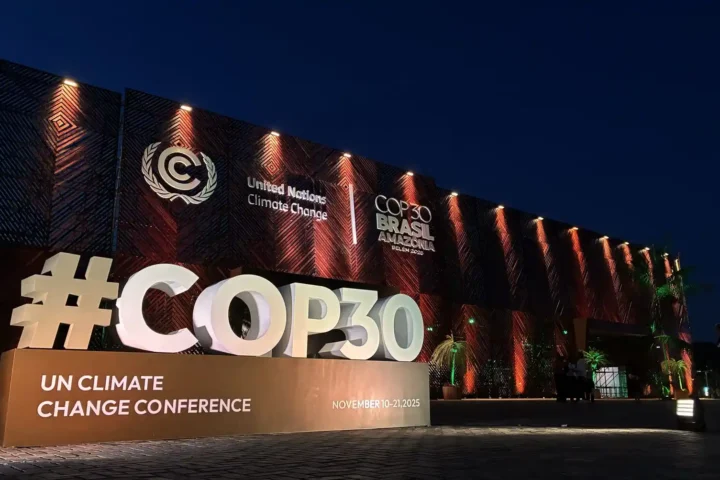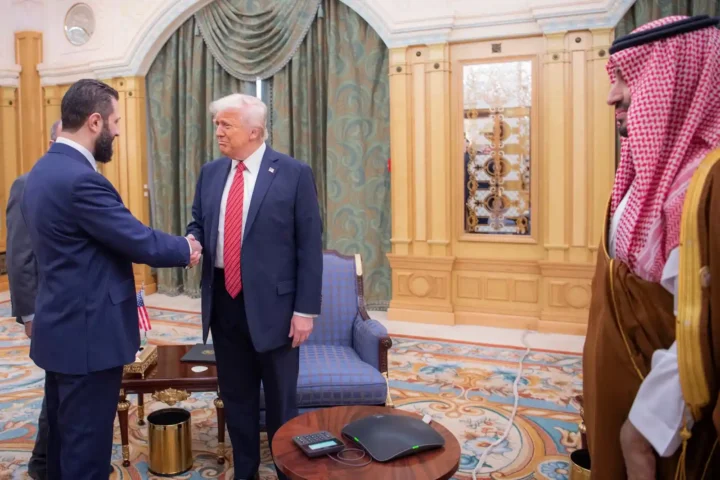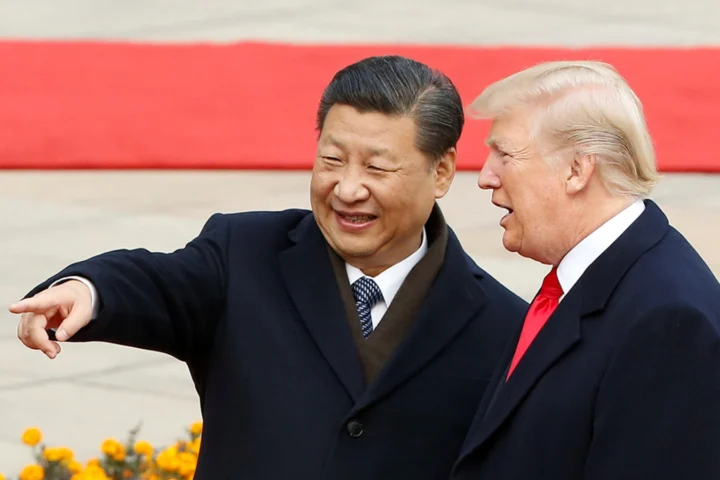May 8, 2025, marked a historic turning point for the Roman Catholic Church: for the first time in its 2,000-year history, the Church elected an American pope.
Cardinal Robert Prevost, a Chicago-born priest with deep ties to Latin America and a decades-long commitment to the Church’s missionary and pastoral work, was chosen by the College of Cardinals to succeed Pope Francis. With his election, he assumed the name Pope Leo XIV—a title rich with symbolic significance.
A Historic Election
Pope Francis, the first pontiff from Latin America, opened the door for broader global representation within the papacy. Now, Pope Leo XIV becomes the first pope from the United States, signaling a continued shift in the Church’s geographic and cultural center of gravity.
Leo XIV’s background reflects a global Catholicism: born in Chicago in 1955, he holds dual nationality in the U.S. and Peru and spent much of his life serving in Latin America.
From Chicago to the Vatican
Pope Leo XIV studied theology at the Catholic Theological Union in Chicago before being sent to Rome for further study. He was ordained a priest in 1982. His missionary spirit led him to Peru in 1985, where he worked extensively, particularly in Trujillo and Chiclayo, helping to train and lead clergy in some of the most underserved areas.
In 2014, Pope Francis appointed him as apostolic administrator in Chiclayo, and in 2020, he took on a similar role in Callao. By 2023, he had become a cardinal, serving as head of the powerful Dicastery for Bishops—one of the Vatican’s top leadership roles.
A Centrist with a Mission
Pope Leo XIV is seen as a centrist—progressive on social issues, yet conservative on doctrine. He has opposed the ordination of women as deacons but has strongly emphasized outreach to the poor and marginalized, mirroring the pastoral focus of Pope Francis.
His long service in Peru deeply shaped his values. He lived and worked among the economically disadvantaged, guided seminaries, and was known for his compassion, intelligence, and steady leadership.
Father Mark R. Francis, a former classmate and current provincial of the Viatorians, said Leo XIV’s papacy will likely continue the direction set by Pope Francis. “The kind of style he would bring to the papacy would be calm, steady, very direct kind of guidance,” he noted.
The Significance of “Leo XIV”
The name Leo XIV has turned heads among Church scholars and theologians. It recalls Pope Leo XIII, the pontiff of the late 19th century known for groundbreaking work on social justice, workers’ rights, and the modernization of the Church’s role in society.
Dr. Erin Walsh, professor at the University of Chicago, highlighted this connection: “His choice of Leo XIV is significant… Pope Leo XIII was very important in terms of social justice and bringing the Roman Catholic Church into the modern world.”
This suggests Leo XIV may emphasize Catholic social teaching, focusing on economic justice, human dignity, the common good, and environmental stewardship—all themes aligned with his predecessors, but perhaps carried forward with new energy and from a uniquely American-Latin American perspective.
A Humble Leader for a Global Church
By all accounts, Pope Leo XIV is not one for pomp or grandiosity. “He’s not a showboat,” said Fr. Francis. “He’s very calm, but extremely intelligent, and extremely compassionate.” Those who know him speak of a man deeply attuned to the spiritual and material needs of everyday people.
As the Church continues to grapple with global challenges—from secularization to economic inequality—Pope Leo XIV may offer a steady hand and a broadened lens. His lived experience across North and South America positions him well to bridge divides and respond to “the signs of the times,” as Fr. Francis put it.
In a moment when the Catholic Church faces both renewal and reckoning, Pope Leo XIV’s election represents not only a first for America, but also a chance to write a new chapter in the Church’s long story—one rooted in humility, global solidarity, and faith in action.


